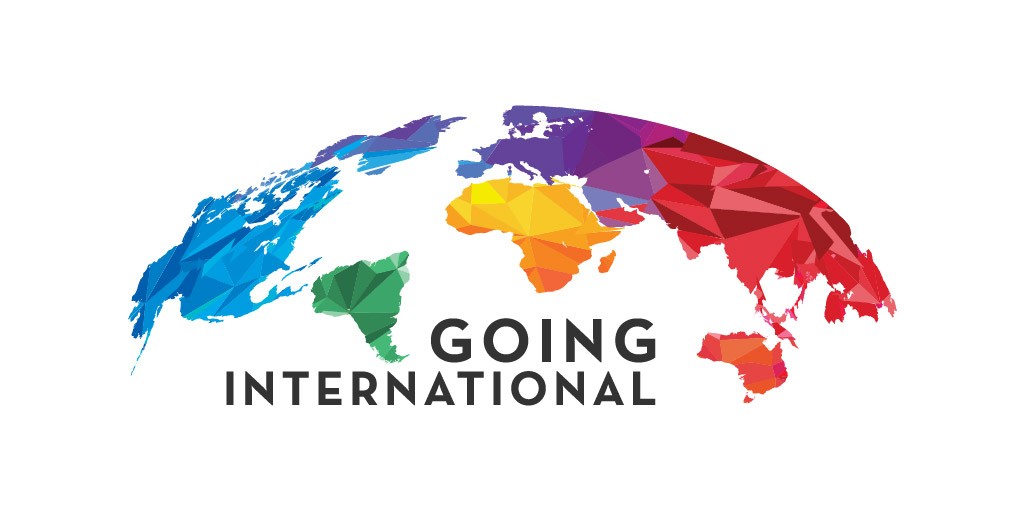Understanding International Relations
International relations and global politics are complex and often misunderstood topics. In this article, we will debunk 13 false claims that commonly circulate regarding international relations, international politics, global diplomacy, and global security. By addressing these misconceptions, we aim to provide a clearer understanding of the dynamics and realities of the international landscape.
International politics is solely driven by power
Contrary to popular belief, international politics is not solely driven by power. While power dynamics do play a crucial role, various other factors, such as diplomacy, economics, and cultural exchanges, shape international relations. Cooperation and negotiation often take precedence over sheer power in resolving global issues. International politics is a complex and multifaceted field that encompasses the interactions and relationships between nations on a global scale. While power certainly plays a significant role in shaping international politics, it would be an oversimplification to say that it is the sole driving force. In this article, we will delve into the dynamics of international politics and explore the various factors that influence its outcomes.
The Nature of International Politics
International politics revolves around the pursuit of national interests and the exercise of power by states within the global arena. The competition for power and influence is inherent in international relations, as countries seek to secure their own survival, protect their sovereignty, and advance their economic, political, and security interests. Power, in this context, refers to a nation's ability to assert its will and shape the behavior of other actors.
Power and its Forms
Power in international politics can manifest in different forms. The most common form is military power, which involves a country's military capabilities, including its defense forces, weaponry, and technological advancements. Economic power also plays a crucial role, as nations leverage their economic resources, trade relationships, and financial influence to exert control and gain advantages in the global market.
Moreover, political power is essential in international politics. It encompasses a country's ability to form alliances, build coalitions, and shape international institutions and norms. Soft power, which refers to a nation's ability to attract and persuade others through cultural influence, values, and policies, also plays a significant role.
Power and its Limitations
While power is undoubtedly a significant factor in international politics, it is not the sole determinant of outcomes. Other factors, such as diplomacy, international law, and public opinion, also shape the behavior of states. Diplomacy, through negotiations and dialogue, allows countries to find common ground and resolve conflicts without resorting to military action. International law provides a framework for regulating state behavior and settling disputes. Public opinion and global norms influence states' decisions, as they face pressure to adhere to certain ethical standards and avoid negative public perception.
Furthermore, interdependence and globalization have increased the complexity of international politics. Countries are interconnected through trade, communication, and shared challenges such as climate change and terrorism. This interconnectedness creates mutual dependencies and necessitates cooperation among states, even if they possess varying degrees of power.
International organizations have complete control over nation-states
International organizations, such as the United Nations, play a significant role in global governance. However, they do not have complete control over nation-states. Member states retain their sovereignty and make independent decisions, although they may collaborate with international organizations to address shared challenges.
Global diplomacy is always effective in resolving conflicts
While global diplomacy is a vital tool for conflict resolution, it is not always effective in resolving conflicts. Complex geopolitical issues, deep-rooted historical grievances, and competing national interests can hinder diplomatic efforts. Resolving conflicts often requires a multifaceted approach that combines diplomacy, negotiations, and other strategies.
Global security can be achieved through military dominance
Relying solely on military dominance for global security is a flawed approach. While military capabilities are essential, achieving sustainable security requires addressing root causes of conflicts, promoting diplomacy, and fostering cooperation among nations. Comprehensive security strategies encompass social, economic, and environmental dimensions.
International relations are static and unchanging
International relations are dynamic and constantly evolving. Shifts in power, emerging global challenges, and changing alliances reshape the international landscape. Understanding the fluid nature of international relations is crucial for adapting to new realities and formulating effective policies.
International organizations are unnecessary and ineffective
International organizations serve as crucial platforms for facilitating cooperation, addressing global issues, and promoting dialogue among nations. While they face challenges and limitations, they play a vital role in fostering stability, resolving conflicts, and promoting sustainable development on a global scale.
Global diplomacy undermines national sovereignty
Global diplomacy does not undermine national sovereignty but rather complements it. Diplomatic efforts involve negotiations and cooperation, which enable states to protect their interests, advance their agendas, and find common ground with other nations. Sovereignty is preserved through diplomatic engagements that respect the autonomy of each nation.
Global security threats are only external
Global security threats are not exclusively external; they can also arise from internal factors within nations. Issues such as terrorism, civil unrest, and transnational crime pose significant security challenges that require both national and international cooperation to mitigate.
International politics is a zero-sum game
Contrary to the notion of international politics as a zero-sum game, cooperation among nations can lead to mutual benefits and shared prosperity. Collaborative approaches, such as trade agreements, cultural exchanges, and diplomatic negotiations, foster win-win outcomes that promote global stability and development.
International organizations are biased towards powerful nations
While international organizations must strive for impartiality, concerns of bias towards powerful nations have been raised. Efforts are continuously being made to ensure inclusivity, transparency, and equal representation within international organizations to address these concerns and promote a more equitable global order.
Global diplomacy favors the interests of developed countries
Global diplomacy aims to promote peaceful resolutions and cooperation among all nations, irrespective of their level of development. While developed countries may have greater influence and resources, diplomatic efforts should strive to address the interests and concerns of all countries, particularly those facing unique challenges.
Global security threats are solely military in nature
Global security threats extend beyond military dimensions. Non-traditional threats, such as cyberattacks, pandemics, and climate change, have emerged as pressing concerns. Addressing these threats requires comprehensive approaches that incorporate diplomacy, international cooperation, and policy coordination.
International relations only involve nation-states
International relations involve a wide range of actors beyond nation-states. Non-governmental organizations, multinational corporations, and transnational movements all play significant roles in shaping the global landscape. Recognizing the diverse actors and their influence is essential for understanding the complexity of international relations.









 English (US) ·
English (US) ·